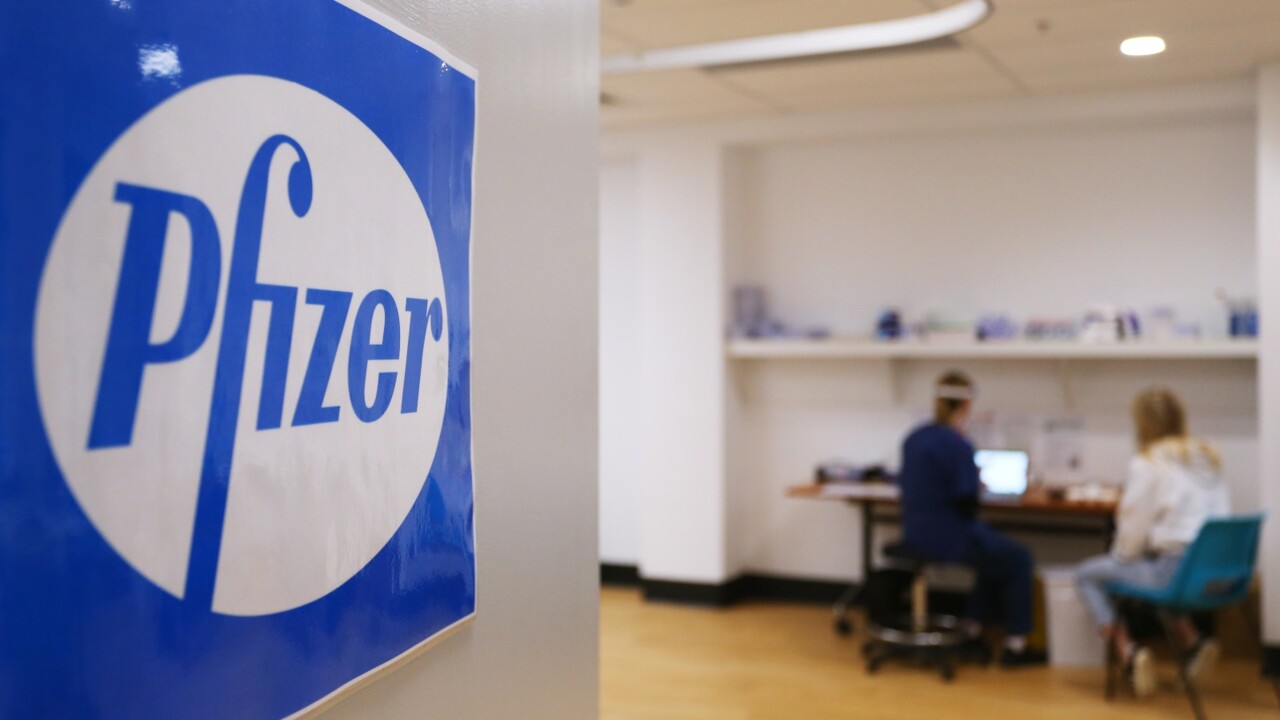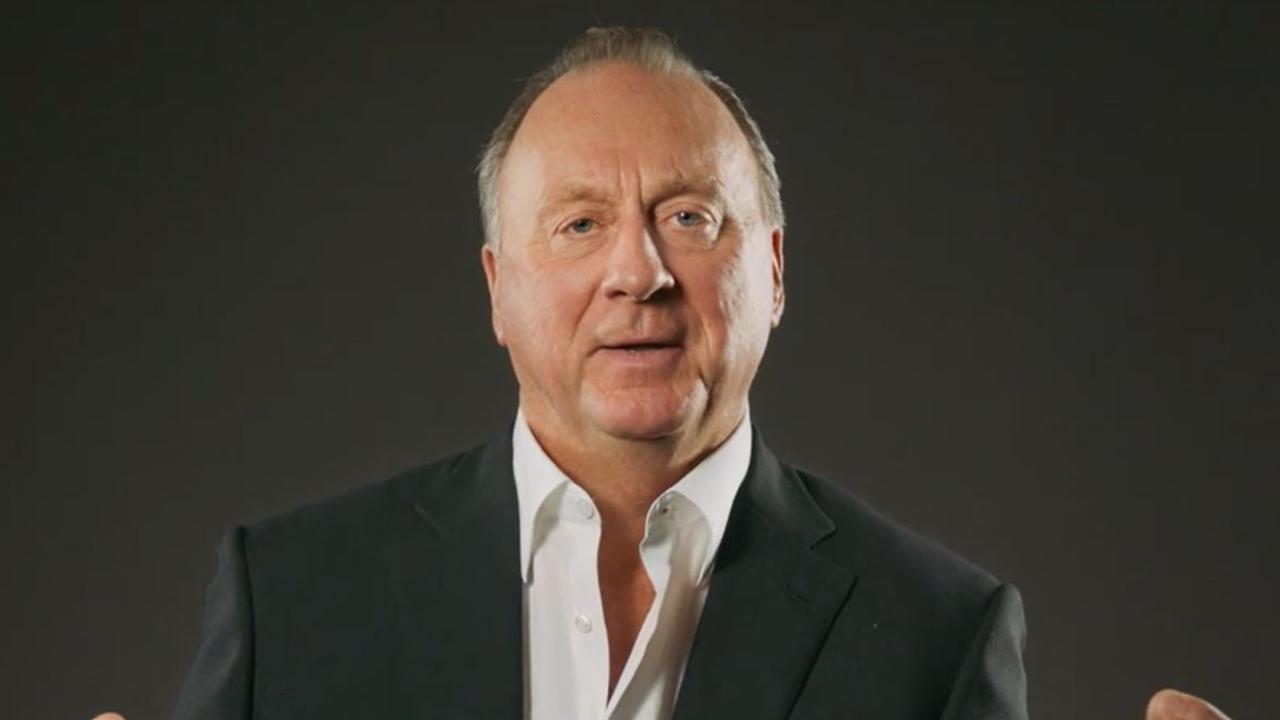Inside Pfizer’s $179m takeover of ResApp and the Australian Covid-19 cough app
A NSW Supreme Court ruling on Pfizer’s $179m takeover of ResApp has revealed startling behind the scenes details about how the company convinced shareholders to back the deal.

Business
Don't miss out on the headlines from Business. Followed categories will be added to My News.
The corporate regulator weighed in to a $179m takeover of Covid-test app maker ResApp by Pfizer after the target’s executive director threatened legal action against a shareholder initially opposed to the deal.
New NSW Supreme Court documents reveal a raft of concerning behaviour from the company and the lengths it took to ensure shareholders approved the deal, prompting intervention from the Australian Securities & Investments Commission.
Shareholders voted in favour of the takeover last month, with 82.2 per cent of shares cast supporting the deal. Former House of Representatives speaker Peter Slipper dominated questions at the shareholder meeting – but that was only the start of the drama.
The documents show the regulator was concerned the company had engaged in a practice known as share splitting to shore up support for the deal, and had also considered communications between executive director Brian Leedman and shareholders.
ASIC wrote in an email to the company: “We hold concerns that Mr Leedman has been communicating in a manner that does not provide a fair and balanced view of the scheme and may infringe on the court’s approved messaging in the scheme booklet”. “We request your client provide submissions as to the details of Mr Leedman’s contact with shareholders and whether such communications are consistent with a fair and balanced account of the court approved messaging in the scheme booklet and why ResApp is otherwise satisfied that the integrity of the voting process for the scheme has not been compromised.”
Supreme Court judge Ashley Black noted “one of those communications attracted ASIC’s particular attention”. It was in regard to a shareholder who subsequently changed their voting intentions to support the deal, following a legal threat. “I am satisfied that that communication was prompted by Mr Leedman’s concern that information which that shareholder proposed to release on a share trading website was factually incorrect and potentially misleading,” Justice Black said.
“I also note that that shareholder subsequently published a note on that share trading website indicating that he had changed his view and considered that it would be ‘irresponsible’ for him to continue to oppose the takeover.”
ASIC raised a concern that Mr Leedman had advised the shareholder that ResApp was considering commencing legal action against him for defamatory remarks on that website and had sought to have the shareholder retract the comment and support a vote in favour of the scheme.
Mr Leedman, in his affidavit evidence, denied saying that ResApp was considering legal action against the shareholder, although he acknowledged that he had said something to “similar effect”, raising the threat that ResApp would seek injunctive relief in respect of the publication of information that it perceived as misleading.
ResApp also conceded that it issued an “unbalanced” ASX release in July. “It listed reasons to vote in favour of the proposed scheme identified by the directors but did not list reasons to vote against the … scheme,” Justice Black said.
ResApp has been working on a smartphone app that analyses the sound of a cough to detect Covid-19. If it succeeds, it could transform testing worldwide.
Despite the potential, the deal has been a rollercoaster ride for investors. In June, a study revealed that ResApp’s algorithm achieved a sensitivity of 84 per cent and specificity of 58 per cent.
This was below the minimum thresholds of 86 per cent for sensitivity and 71 per cent for specificity and “significantly lower” than the results of ResApp’s pilot study. That resulted in Pfizer amending its takeover offer to 20.8c a share.
Had ResApp replicated the results of its earlier trial, Pfizer would have paid another $53m.
More Coverage
Originally published as Inside Pfizer’s $179m takeover of ResApp and the Australian Covid-19 cough app




